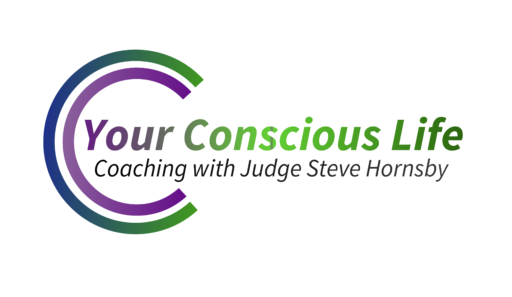“Let me embrace thee, sour adversity, for wise men say it is the wisest course.” Shakespeare
One out of ten (10%) Americans are dependent on substance use (substance use disorder). For healthcare professionals, that number goes up to 15%.
However, for attorneys, substance dependency jumps to 20%. And, as many as 33% of all lawyers have “problematic drinking” – a full one-third of the profession.
Alcohol is the substance of choice for 95% of substance dependent lawyers. Heavy alcohol use usually began within the first 15 years of their career and for many it began in law school.
Lawyers also have higher-than-average rates of depression and anxiety that may co-occur with substance dependency. Needless to say, alcohol exacerbates the impact of those conditions.
Very disturbing data, to say the least.
Stress is a key risk factor for substance addiction and practicing law is a stressful profession. Heavy workloads, strict deadlines, high pressure performance expectations, and billing demands are part of the landscape.
Another major contributing factor is the culture of drinking that surrounds the profession. Work-related functions often involve alcohol and after-work socializing usually occurs around drinking.
For litigation attorneys, the impact of exposure to secondary trauma is a significant factor as well. Having to learn the details of a client’s traumatic experience often triggers an empathetic response which can be similar to the direct trauma experienced by the client.
Similar to Post-Traumatic Stress Disorder (PTSD), Secondary Traumatic Stress (STS) can be a significant source of stress. Both PTSD and STS have been diagnosed among litigation attorneys.
Some professionals may drink substantially but still perform their jobs, take care of home life, and be active socially. They don’t fit the usual image of “alcoholic”, but drinking has become a regular part of life. Dependency may have arisen without them realizing it, and they may be a high-functioning alcoholic.
Several years ago, Steve realized that his alcohol consumption had taken too large a role in his life. Even with professional success and high standards for excellence, drinking was preventing him from fully expressing his talents and enjoying each day of life.
With the help of loved ones, devotion to his mindfulness practice, and a deep dive into personal and spiritual growth, Steve quit drinking. It was difficult, rewarding, demanding and exhilarating, all at the same time. And, it has been one of the best decisions of his life.
Since then, he has continued his own recovery work and worked with others on recovery programs, both professionally and personally. He has deep appreciation for all paths to recovery and regaining wholeness. He understands that everyone’s journey is unique to them.
Addressing substance use and dependency means making landmark changes in life. Perspectives and priorities have to be reoriented; old ways of living have to give way to a new lifestyle. Steve can provide assistance to individuals making these changes.
Coaching is not a substitute for substance use disorder treatment, but it can be a powerful partner in the recovery process.
Steve offers individual and group coaching specific to dependency issues:
- Moderation coaching – the client may not be sure if they want to quit completely. They want a plan and coaching to try drinking in moderation. Steve has tools with an approach and will provide nonjudgmental support, as well as honest feedback for as long as is necessary.
- With intensive outpatient (IOP) treatment – after detox, coaching can be very helpful as the client reorients to a new way of living. Steve works with the newly sober client to get a new plan for life and provide for continued support.
- After residential treatment – a major turning point in life requires a plan for the new life ahead. Coaching and support can keep forward movement toward success.
Your Conscious Life is coaching for ALL of Life’s journey.
Contact Steve Hornsby with Your Conscious Life to schedule a free consultation.

